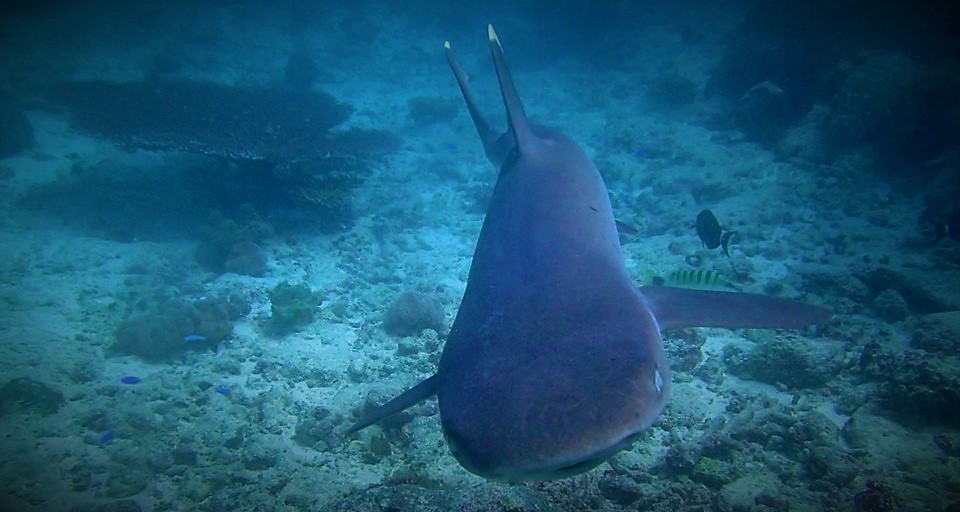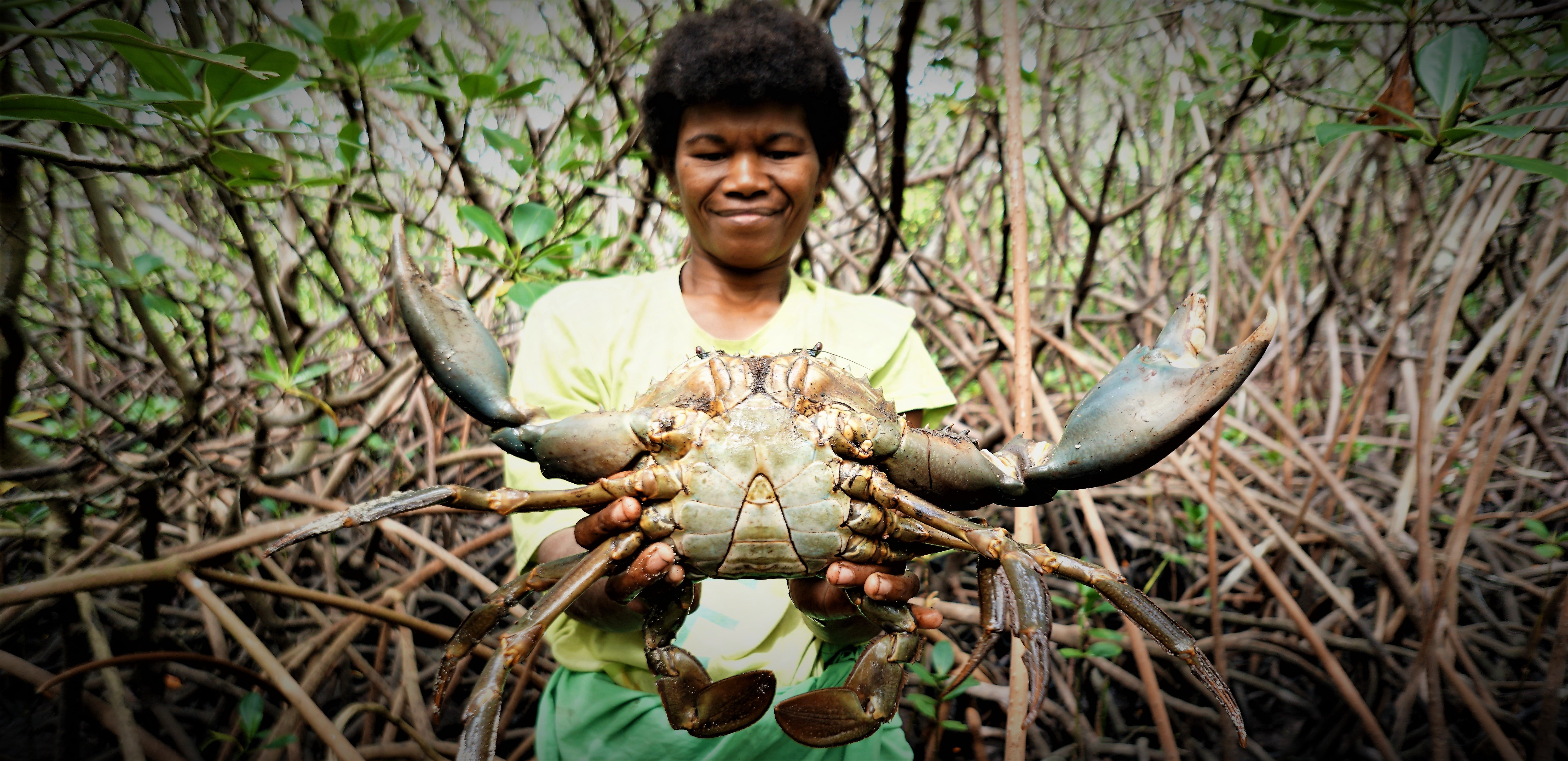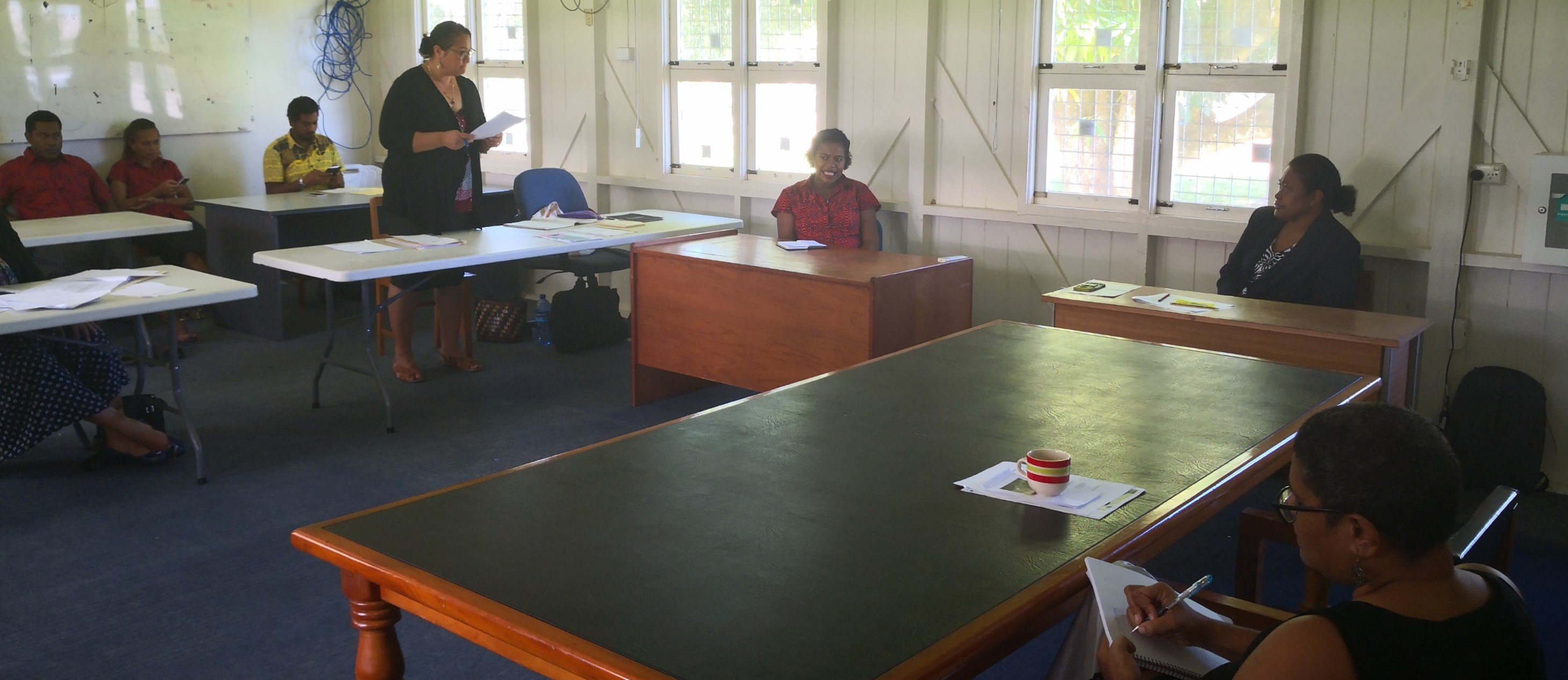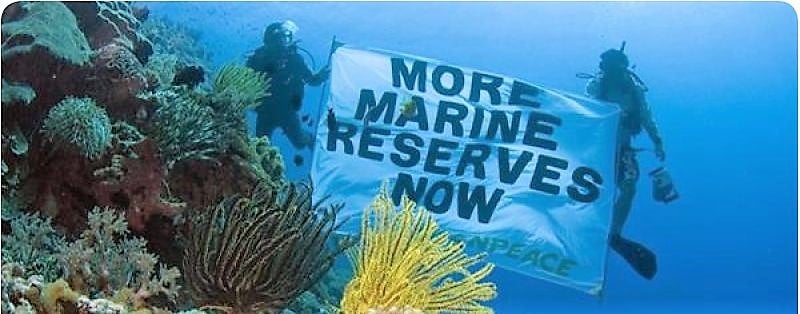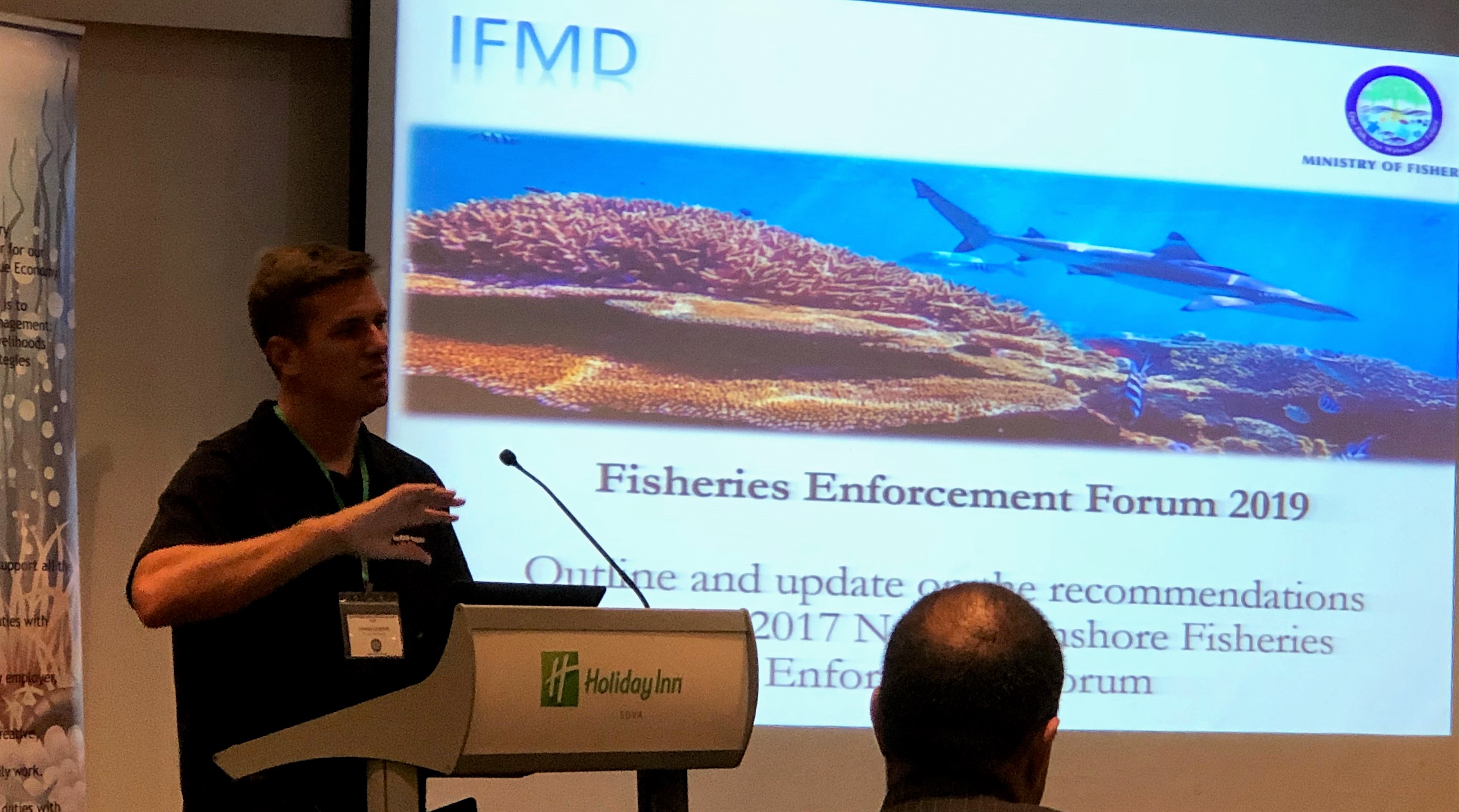Scientists have, for decades, warned us that oceans are warming, expanding, and becoming more acidic and polluted. In addition, humans are overfishing and failing to control the amount of waste material, particularly plastic, that ends up in oceans. In the face of these and other threats, Marine Protected Areas (MPAs) may be seen as a potential solution. The call for MPAs has a long history in international legal conventions, which have also expressly called for MPAs to be made consistent with the law of the sea framework after following a transparent and consultative process. This principled and process-led approach to MPAs reflects the important point that MPAs will curtail activities and potentially user rights in the ocean.
Fiji has, via government and Ministry of Fisheries leadership created several MPAs. In addition there have also been numerous community led initiatives assisted by Fiji's Locally Managed Marine Area Network (FLMMA) to establish fisheries management tools that have included no fishing zones (also known as tabu areas) within traditional fishing grounds.
Fiji’s efforts are consistent with the law of the sea framework which, at present, provides MPAs can only be created within areas of ocean where nation States have the authority to do so.
In this legal bulletin we particularly consider Fiji’s legal and governance framework, and how this may assist with the sort of transparent, open and consultative process that was envisaged in modern international legal conventions. We also briefly consider why MPAs will not be a solution, unless Fiji also adopts an integrated management approach to its oceans, which will include, but not be limited to the establishment of MPAs following due process.




